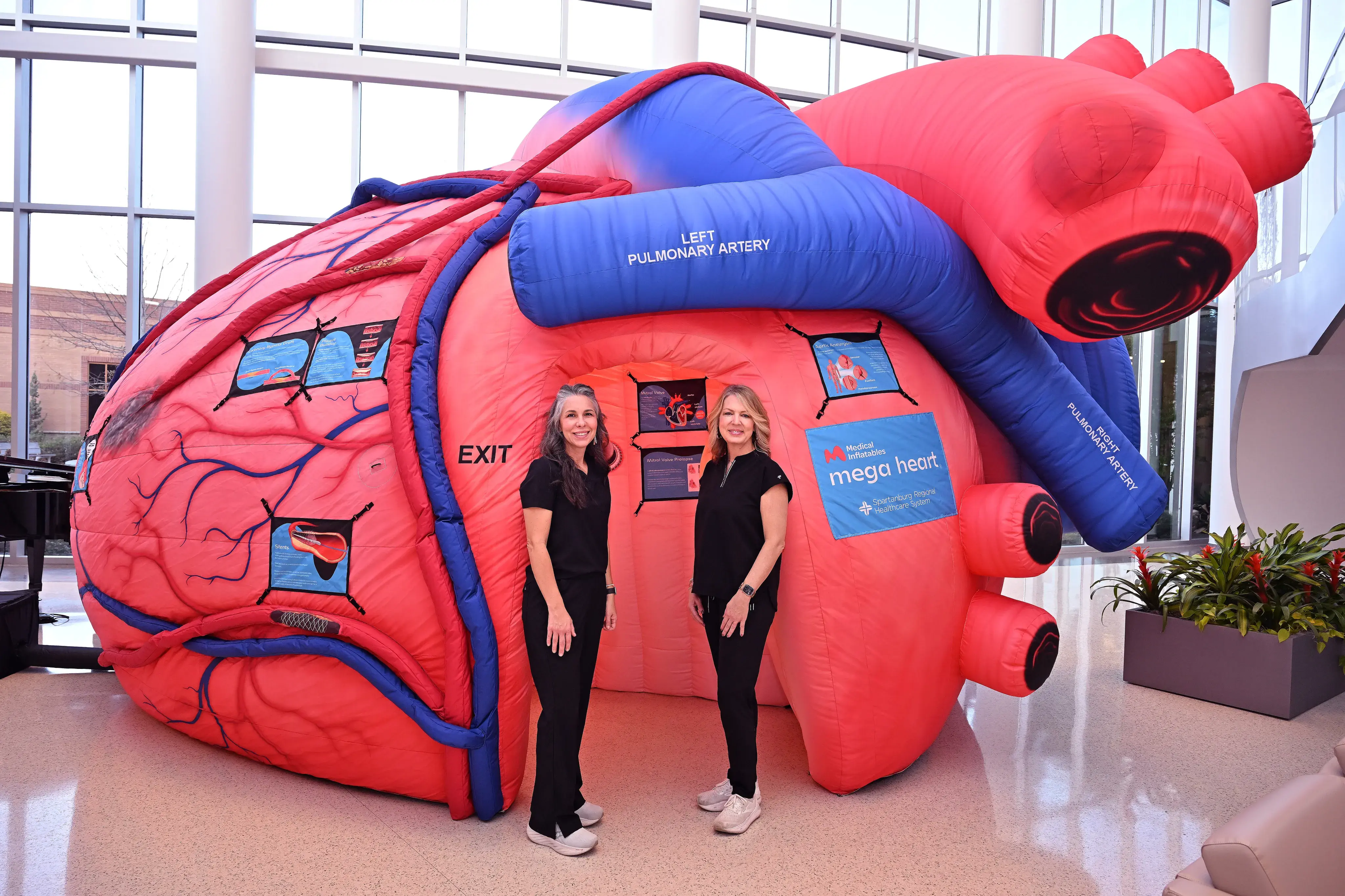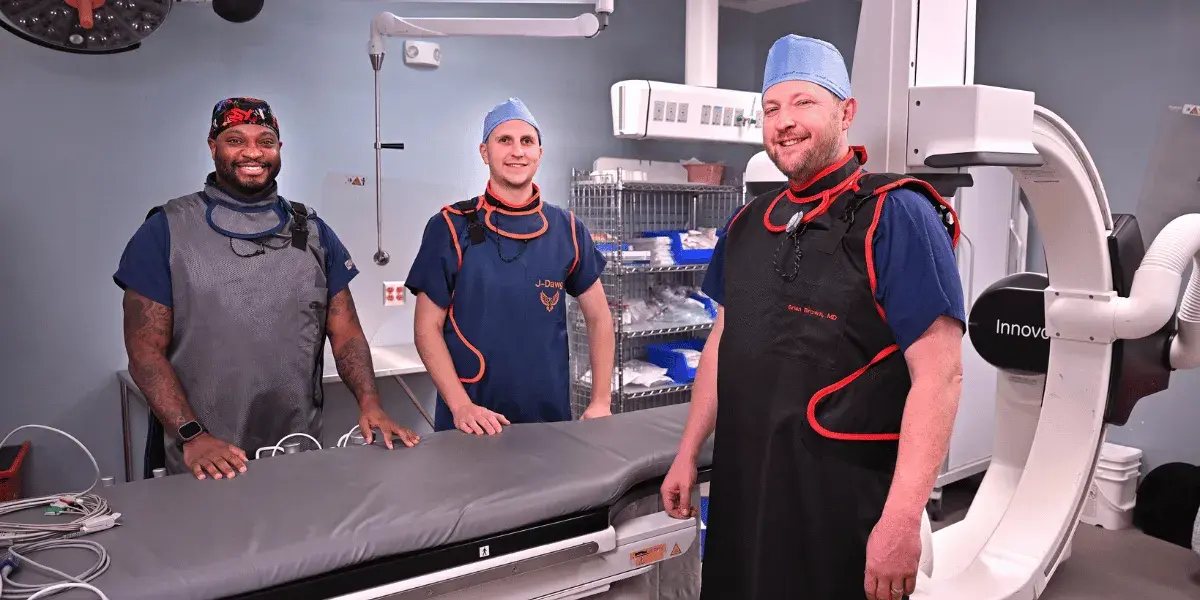
Leukemia and lymphoma awareness month
Leukemia and lymphoma are the most common types of blood cancers, also called liquid cancers, that affect white blood cells and present similar symptoms such as weakness, fatigue, pain, infections, fevers and weight loss.
Leukemia originates in bone marrow before traveling into the blood stream, while lymphoma originates in the lymph nodes.
An estimated combined total of 184,720 people in the U.S. are expected to be diagnosed with leukemia, lymphoma or myeloma in 2023, according to the Leukemia and Lymphoma Society. Every nine minutes, someone in the U.S. dies from a blood cancer on average.
These statistics can be alarming or even defeating for those diagnosed with leukemia or lymphoma.
At Gibbs Cancer Center, a multi-disciplinary team consistently provides wrap-around, supportive care for patients with blood cancers between their diagnosis, throughout remission and every step in between.
Leaders and experts connected to each patient have a multi-disciplinary team conference each week to review patient files and examine each person’s cancer journey, for those with leukemia and lymphoma, as well as other cancers.
“Doctors get together to present cases with everyone from researchers to pharmacists. Every department is there to help determine the best treatment options for each patient,” said Audrianna Carrington, a clinical research coordinator at Gibbs Cancer Center. “We have imaging technicians, physicians, research coordinators, nurses, navigators, lab techs. You need to have that team because one person can’t do it all.”
Carrington said the goal is to help patients understand that each provider is communicating as one team. Gibbs Cancer Center has found that the team approach is a way providers can build trust with patients during a crucial time in their lives.
September is leukemia and lymphoma awareness month, and research coordinators at Gibbs Cancer Center are highlighting the benefits of a multi-disciplinary approach to cancer treatments in addition to the benefits of advanced treatment options available today.
“It is mind blowing how cancer treatment options have changed,” Carrington said. “Patients need to know we’re all working together.”












